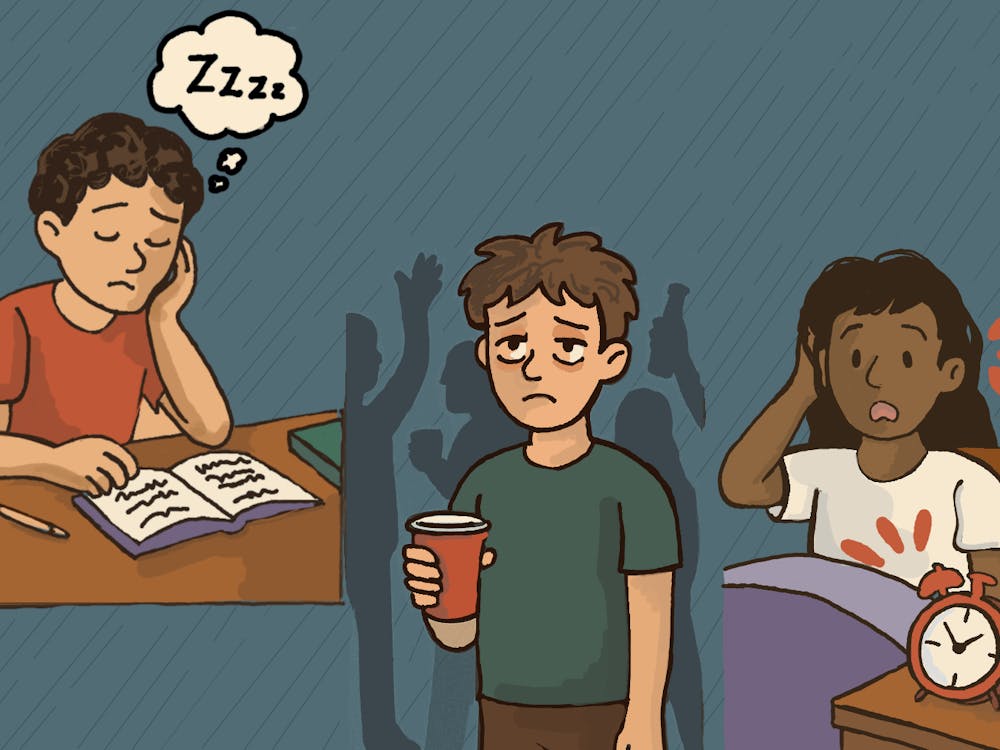Sex is something often associated with college — this connection is facilitated not just through movies and television shows, but also through the widespread use of apps like Tinder, Grindr and Bumble. Hookup culture, however, comes with a higher risk of encountering sexually transmitted infections.
One in four teenagers contracts an STD or STI every year. Additionally, fewer than one-third of U.S. physicians reported regularly screening patients for STDs and STIs. Statistics like these are the reason why students like first-year Nursing student and Blueprint member Julia Whitehead think safe sex is an important issue.
“Because there’s such a prevalent hookup culture in major university communities such as U.Va., it’s really important that we not only emphasize safe sex but also what can come afterwards,” Whitehead said.
Whitehead and several other students are trying to destigmatize people getting tested for STIs through Blueprint, a leadership program at the University. Blueprint is an application-based group that aims to impart leadership and communication skills, especially in first-years, second-years and transfer students.
“There was an application process that we all went through last semester and now we’ve been in it for eight weeks,” Whitehead said. “Every week we’ve had a different speaker ... and in conjunction with that, we were paired off into groups of about 10 and asked to find something we were all passionate about, that we could all agree needed to be changed in the U.Va. community.”
Students are allowed to work towards fixing any problem in the University community that they would like to, so long as they do so with approval from a peer leader in the program.
“We [are] trying to end the stigma around people getting tested for STIs because of the negative connotations surrounding that, even though it’s very important to go do,” second-year Biomedical Engineering major and Blueprint member Sophie Wilson said. “We want people to understand that it’s okay and something they should support people to do it if they need to.”
The group’s main goal with their pledge is to spark a dialogue about sexually transmitted diseases and what constitutes safe sex. The group made a digital form of the pledge available via Facebook the week of March 19 and a tabled on the South Lawn on March 23 and 24. They ended up getting about 200 students to sign their physical pledge — a total which climbed even higher when combined with the pledges made online. The group felt that a successful pledge campaign for them would result in 100 students signing the pledge to practice safe sex and support those who think they might have an STI.
“Our original goal was to get like 100 people [to sign the pledge],” first-year College student Jacob Libby said. “But even if we got just one person thinking about it then we’ve made some sort of change and that’s all we set out to do.”







